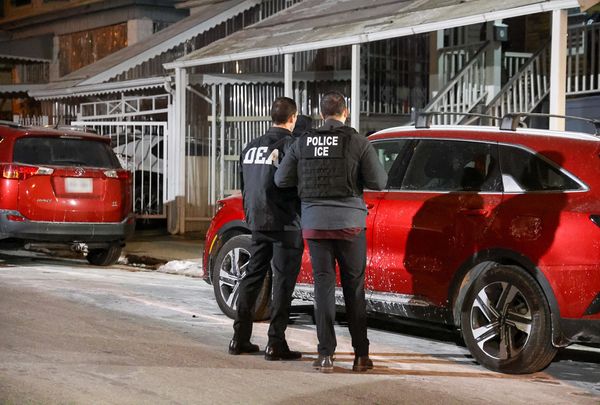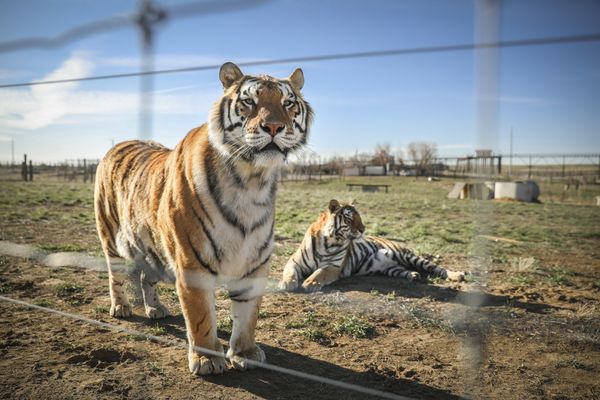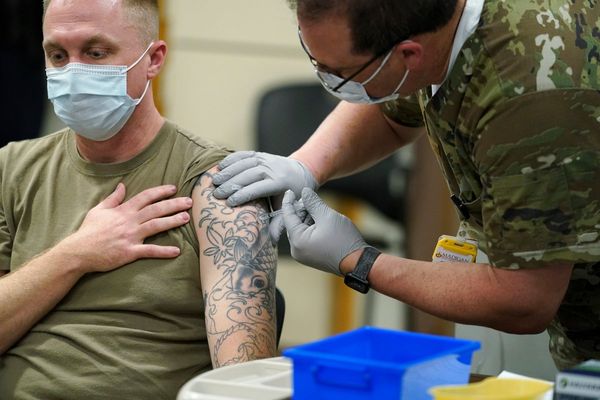
The secret filming or photographing of someone under their clothes or the sharing of pornographic “deepfake” images without consent should be made crimes punishable by up to three years in prison, the Law Commission has recommended.
A “patchwork” of laws to protect victims from having intimate images shared unwillingly has not kept up with technology and perpeptrators are able to evade justice, the independent body which advises parliament on legal reforms said.
After a review of existing laws at the request of government, the commission proposes new offences be made covering all acts of intentionally taking or sharing a sexual, nude or intimate photo or video without consent.
These include images taken down a woman’s top, or “downblousing”, pornographic deepfakes, and images where somebody’s clothes have been removed digitally, making them appear nude, on top of existing crimes such as upskirting and voyeurism.
Installing equipment, such as a hidden camera in a toilet, to capture non-consensual images would also be criminalised.
The commission proposes the creation of a base offence, with a maximum of six months’ imprisonment, covering all acts of intentionally taking or sharing a sexual, nude or intimate photo or video without consent.
Tougher sentences of two to three years were proposed in cases where the image was taken or shared for sexual gratification, to cause humiliation, alarm or distress, or where the perpetrator has threatened the victim.
The new laws would exclude cases where the circumstances and nature of the conduct “is not morally wrongful or harmful”, such as a family member sharing a nude or partially-nude photo of a newborn baby on social media.
All victims of the offences would be eligible for lifetime anonymity, which would be protected in case of a court trial.
The Revenge Porn helpline previously told the PA news agency the existing law is leaving “thousands of people unsupported and unvalidated” because they need to show the material was shared with an intent to cause distress.
Professor Penney Lewis, law commissioner for criminal law, said: “Current laws on taking or sharing sexual or nude images of someone without their consent are inconsistent, based on a narrow set of motivations and do not go far enough to cover disturbing and abusive new behaviours born in the smartphone era.
“Our new reforms for government will broaden the scope of the criminal law to ensure that no perpetrators of these deeply damaging acts can evade prosecution, and that victims are given effective protection.”
A government spokesman said the Online Safety Bill already includes provisions to protect victims but ministers will consider the commision’s recommendations and respond “in due course”.







